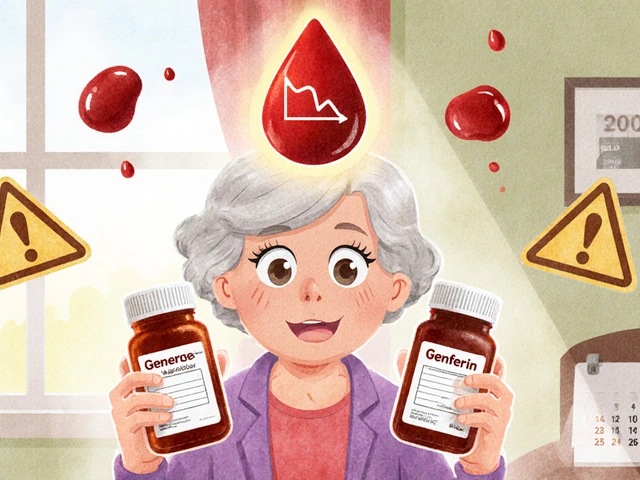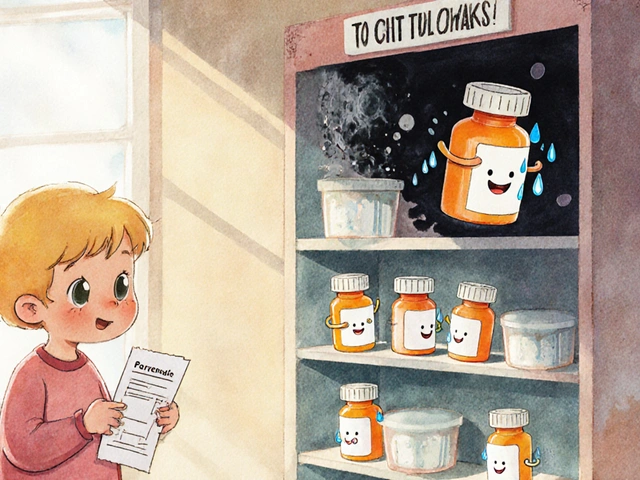Sinusitis treatment: easy, practical steps to feel better
Sinusitis means your sinuses are swollen or blocked, and that brings pressure, stuffy nose, and headache. Most cases get better with simple care at home. Below are clear actions you can try right away and signs that you should see a clinician.
Home care and over-the-counter options
Start with irrigation and moisture. A saline nasal rinse (neti pot or squeeze bottle) loosens thick mucus and clears allergens. Use commercially packaged saline or make saline with distilled or boiled-then-cooled water—never plain tap water. Do rinses 1–2 times daily until you feel relief.
Pick a steroid nasal spray for inflammation: fluticasone or budesonide are common and safe when used correctly. Spray once daily, aim toward the outer wall of the nostril, keep the head upright, and breathe gently. Expect 3–7 days to notice improvement; full benefit can take two weeks.
For short-term symptom relief, oral decongestants (pseudoephedrine) and pain relievers (ibuprofen or acetaminophen) help. Avoid topical nasal decongestant sprays (oxymetazoline) for more than 3 days—longer use can cause rebound congestion.
Guaifenesin (an expectorant) can thin mucus, and a humidifier or warm steam may ease blockage and facial pressure. Stay hydrated and get extra rest; these simple steps often speed recovery.
When antibiotics and advanced care are needed
Most sinusitis cases are viral and don’t need antibiotics. Consider contacting a doctor if symptoms last more than 10 days without improvement, you have a high fever and severe facial pain, or symptoms worsen after getting better. If a bacterial infection is likely, common choices include amoxicillin or amoxicillin-clavulanate—your clinician will decide based on your health history and local resistance patterns.
Seek urgent care if you notice vision changes, severe swelling around the eyes, severe headache, neck stiffness, or confusion. Those signs can mean complications that need immediate attention.
Chronic sinusitis lasts 12 weeks or more and often involves ongoing inflammation, allergies, or nasal polyps. An ENT specialist may recommend longer-term nasal steroids, allergy testing, or endoscopic sinus surgery when medical therapy fails. Surgery aims to open blocked sinus passages and improve drainage, not to eliminate future colds.
Practical tip: track symptoms and treatments in a simple note—when you started a spray, how often you rinse, and any side effects. That helps your clinician make good decisions faster. If you're pregnant, breastfeeding, or have chronic conditions, check with your doctor before starting pills or new sprays.
Try these steps first, watch how you respond, and ask for medical advice when symptoms drag on or get worse. Clearer breathing is usually closer than you think.




